
How Long Would It Take to Be a Full Stack Developer?
Mar 26, 2025 3 Min Read 39495 Views
(Last Updated)
Have you ever wondered how much time it would take to become a skilled Full Stack Developer, capable of creating awesome websites and web applications? Whether you’re already familiar with coding or just starting, you might be curious about the learning process and how long it’ll take to reach your goals.
In this blog, we’ll find out the time and effort needed to master Full Stack Development. We’ll explore what it includes, where you can learn, and the challenges you might face. So, get ready to discover how long it would take to learn Full Stack Development and get started on your exciting web development journey! Let’s go!
Table of contents
- Becoming a Full Stack Developer in 3 Months - People Who Can Spend 30-40 Hours a Week
- Step 1: Master the Fundamentals (Weeks 1-4)
- Step 2: Explore Backend Technologies (Weeks 5-8)
- Step 3: Embrace Frameworks and Libraries (Weeks 9-11)
- Step 4: Create Real-World Projects (Weeks 12-13)
- Becoming a Full Stack Developer in 6 Months - People Who Can Spend 15-20 Hours a Week
- Step 1: Grasp the Fundamentals (Weeks 1-8)
- Step 2: Explore Frameworks and Libraries (Weeks 9-12)
- Step 3: Gain Practical Experience (Weeks 13-20)
- Step 4: Continuous Learning and Refinement (Weeks 21-24)
- Becoming a Full Stack Developer in 9 Months - People Who Can Spend 10-15 Hours a Week
- Step 1: Grasp the Basics (Weeks 1-12)
- Step 2: Embrace Frameworks and Libraries (Weeks 13-20)
- Step 3: Practical Project Experience (Weeks 21-32)
- Step 4: Continuous Growth (Weeks 33-36)
- Become a Full Stack Developer in Months: Conclusion
- Frequently Asked Questions
- How much time does it take to become a Full Stack Developer?
- Do I need prior coding experience to become a Full Stack Developer?
- What are the essential skills I need to become a Full Stack Developer?
- Can I become a Full Stack Developer through online resources and self-learning?
- How can I gain practical experience as a Full Stack Developer?
Becoming a Full Stack Developer in 3 Months – People Who Can Spend 30-40 Hours a Week

Before diving into the next section, ensure you’re solid on full-stack development essentials like front-end frameworks, back-end technologies, and database management. If you are looking for a detailed Full Stack Development career program, you can join GUVI’s Full Stack Web Development Course with Placement Assistance. You will be able to master the MERN stack (MongoDB, Express.js, React, Node.js) and build real-life projects.
Additionally, if you want to explore JavaScript through a self-paced course, try GUVI’s JavaScript certification course.
Step 1: Master the Fundamentals (Weeks 1-4)
- Dive into HTML, CSS, and JavaScript, learning to build web pages and add interactivity.
- Explore basic front-end development concepts to create user-friendly interfaces.
- Practice coding regularly and take advantage of coding challenges and exercises to reinforce your learning.
Step 2: Explore Backend Technologies (Weeks 5-8)
- Learn server-side programming languages like Python, Ruby, or Node.js for backend development.
- Familiarize yourself with databases and understand how to manage data effectively.
- Work on simple backend projects to gain hands-on experience in server-side development.
Step 3: Embrace Frameworks and Libraries (Weeks 9-11)
- Explore popular front-end and back-end frameworks like React, Angular, Django, or Express.js.
- Understand how these tools can streamline your development process and make coding more efficient.
- Build small projects using frameworks to apply your knowledge and boost your confidence.
Step 4: Create Real-World Projects (Weeks 12-13)
- Collaborate with other developers or contribute to open-source projects to gain practical experience.
- Develop full stack applications that showcase your skills and creativity.
- As you complete projects, create a portfolio to demonstrate your abilities to potential employers.
Becoming a Full Stack Developer in 6 Months – People Who Can Spend 15-20 Hours a Week

Step 1: Grasp the Fundamentals (Weeks 1-8)
- Begin with HTML, CSS, and JavaScript, mastering the basics of front-end development.
- Progress to server-side programming languages like Python, Ruby, or Node.js for backend development.
- Practice regularly and take on coding projects to solidify your understanding.
Step 2: Explore Frameworks and Libraries (Weeks 9-12)
- Familiarize yourself with front-end frameworks like React, Angular, or Vue.js for user interface development.
- Learn about back-end frameworks like Django or Express.js for efficient server-side coding.
- Build small projects using frameworks to enhance your skills.
Step 3: Gain Practical Experience (Weeks 13-20)
- Work on real-world projects, collaborating with others or contributing to open-source initiatives.
- Develop full stack applications to gain hands-on experience in building complete web solutions.
- Create a portfolio to showcase your projects and abilities to potential employers.
Step 4: Continuous Learning and Refinement (Weeks 21-24)
- Keep learning and staying updated with the latest technologies and industry trends.
- Refine your skills and address any weak areas identified during your learning journey.
- Practice coding regularly to maintain proficiency and embrace a growth mindset.
Becoming a Full Stack Developer in 9 Months – People Who Can Spend 10-15 Hours a Week

Step 1: Grasp the Basics (Weeks 1-12)
- Start with HTML, CSS, and JavaScript to build a strong foundation in front-end development.
- For backend knowledge, progress to server-side programming languages like Python, Ruby, or Node.js.
- Utilize coding platforms and practice exercises to reinforce your learning.
Step 2: Embrace Frameworks and Libraries (Weeks 13-20)
- Explore front-end and back-end frameworks like React, Angular, Django, or Express.js.
- Understand how these tools can enhance your development process and productivity.
- Build small projects to apply your knowledge and gain confidence.
Step 3: Practical Project Experience (Weeks 21-32)
- Work on real-world projects, collaborating with others or contributing to open-source initiatives.
- Create full stack applications to gain hands-on experience in web development.
- Develop a portfolio to showcase your projects and skills to potential employers.
Step 4: Continuous Growth (Weeks 33-36)
- Continue learning and staying updated with the evolving web development landscape.
- Participate in coding challenges and hackathons to challenge yourself and refine your abilities.
- Stay persistent in your journey and maintain a positive attitude toward growth and improvement.

Become a Full Stack Developer in Months: Conclusion
You can become a Full Stack Developer in 3 months, 6 months, or 9 months, depending on how much time you can dedicate to learning. The key is to stay committed and practice regularly. Follow the four steps outlined in this guide, and you’ll be well on your way to mastering web development.
Remember, the journey is as important as the destination. Embrace challenges and celebrate your progress. Don’t hesitate to ask for help and connect with the coding community. Each step you take brings you closer to your dream of becoming a Full Stack Developer and opens up exciting opportunities in the tech world.
We’d love to hear about your experiences and thoughts on this journey. Share your stories and questions in the comments below. Let’s support and encourage each other as we embark on this incredible web development adventure. Happy coding, and may you achieve all your Full Stack Developer goals!
Kickstart your Full Stack Development journey by enrolling in GUVI’s Full Stack Development Career Program with Placement Assistance where you will master the MERN stack (MongoDB, Express.js, React, Node.js) and build interesting real-life projects. This program is crafted by our team of experts to help you upskill and assist you in placements.
Alternatively, if you want to explore JavaScript through a self-paced course, try GUVI’s JavaScript course.
Frequently Asked Questions
The time it takes to become a Full Stack Developer varies depending on your dedication and the number of hours you can commit each week. Generally, it can take around 3 months for those who can dedicate 30-40 hours a week, 6 months for those spending 15-20 hours a week, and 9 months for individuals with 10-15 hours a week.
Prior coding experience can be helpful, but it’s not mandatory. If you’re a beginner, starting with basic programming languages like HTML, CSS, and JavaScript will give you a solid foundation. With consistent practice and determination, anyone can become a Full Stack Developer.
As a Full Stack Developer, you need to be proficient in front-end technologies like HTML, CSS, and JavaScript, as well as back-end technologies like Python, Ruby, or Node.js. Familiarity with popular frameworks like React, Angular, or Django is also beneficial.
Absolutely! Many aspiring Full Stack Developers achieve their goals through online resources, coding boot camps, and self-learning. There are numerous online courses, tutorials, and coding platforms available to guide you through your journey.
To gain practical experience, work on real-world projects, collaborate with other developers and contribute to open-source initiatives. Building your portfolio with completed projects showcases your abilities and attracts potential employers or clients.

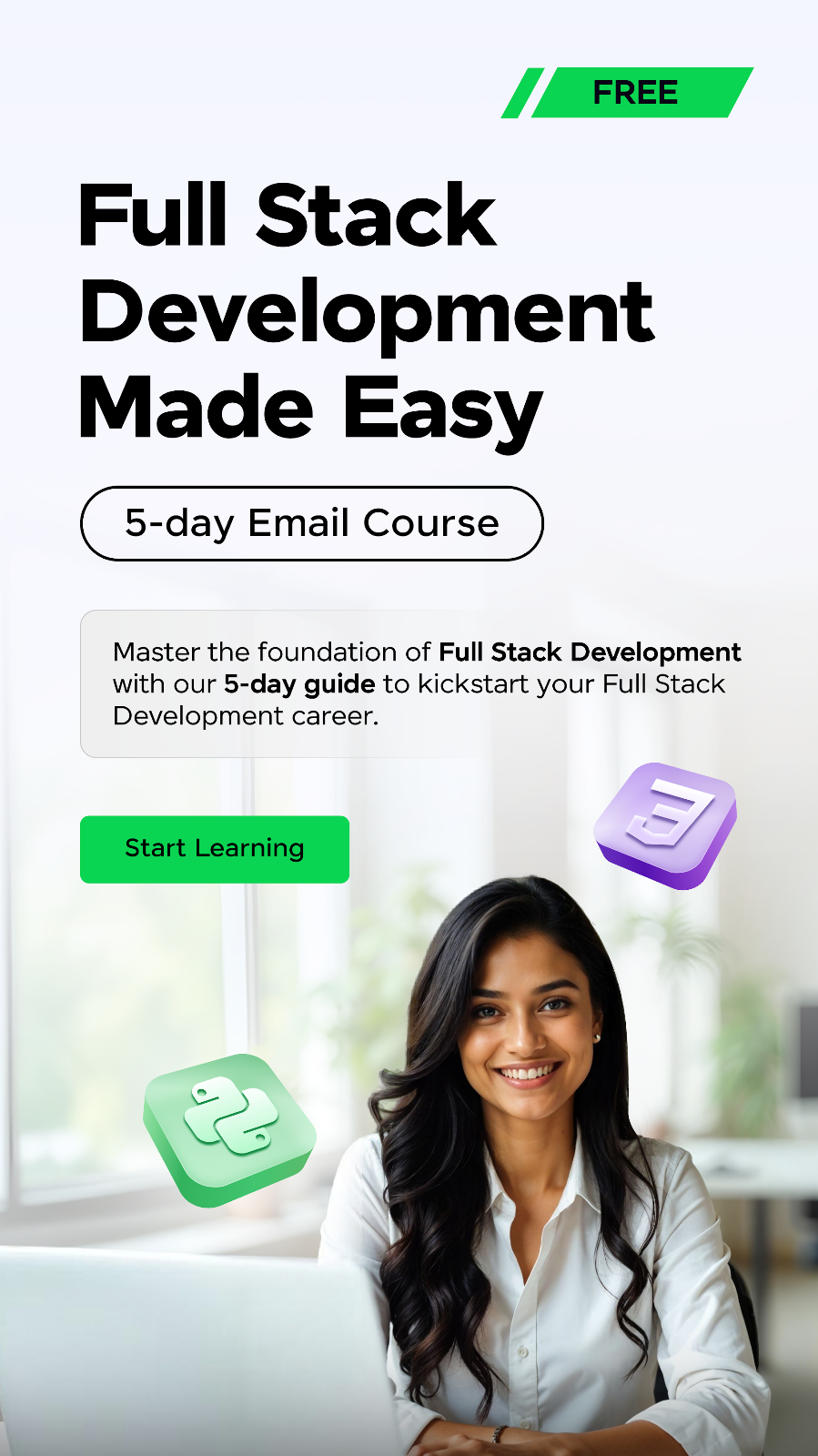








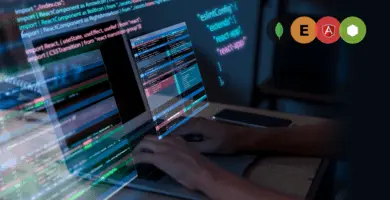
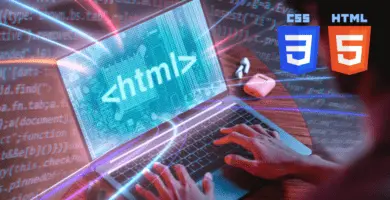








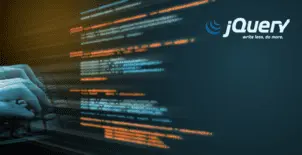

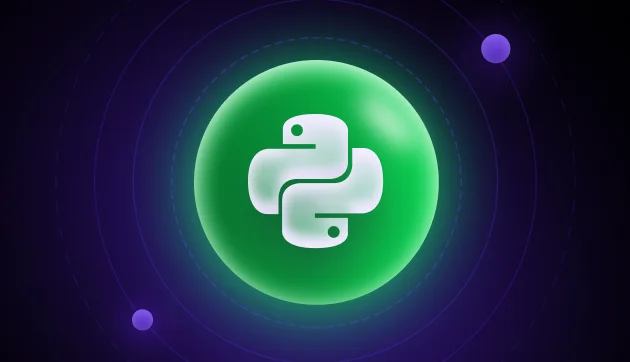
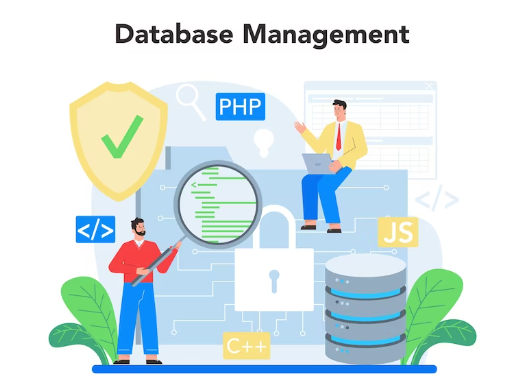
![What Does a Front End Developer Do? A Beginner’s Guide [2025] 7 Feature image - What does a Front End Developer do A Complete Guide](https://www.guvi.in/blog/wp-content/uploads/2024/02/Feature-image-What-does-a-Front-End-Developer-do-A-Complete-Guide.webp)

![Top React Interview Questions and Answers! [Updated] 9 React Interview Questions](https://www.guvi.in/blog/wp-content/uploads/2022/01/Top-React-Interview-Questions-and-Answers.webp)


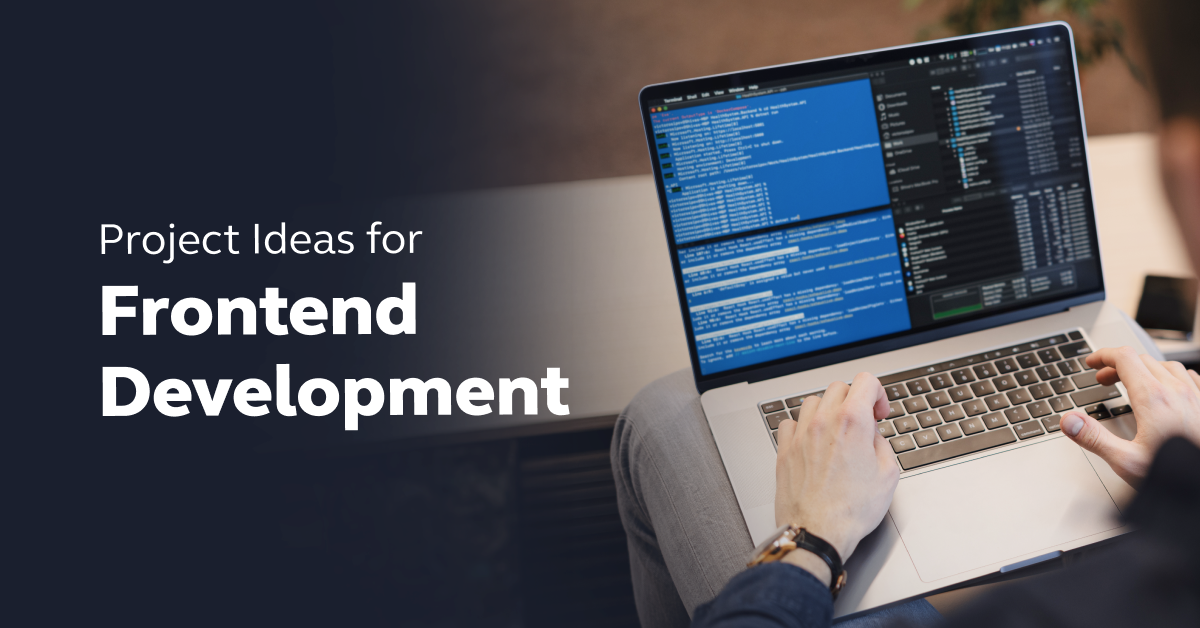
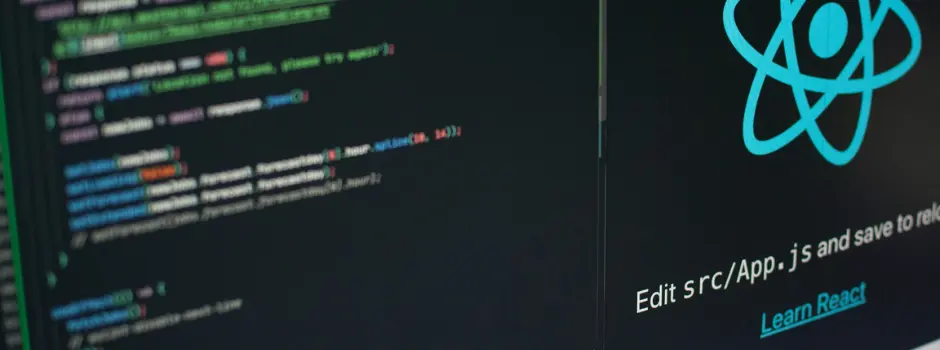

After research and deciding I wanted to be a full stack developer, learned that I need good credit or a lot of money. One of the reasons I decided to go back to school was because of struggling with bills. Also make life more full filling. But I can't.
Good
VERY HELPFULL IDEA ESPECIALY TIME BREAK DOWN
I am motivated to learn and make a career change! I am 71 years of age, and according to "German law" I am considered to be no longer employable, which has resulted in my not being able to get an "education voucher" (Bildungsgutschein) from the German government, through the "labor office" (Bundesagentur für Arbeit)! The "social office" (Sozialamt) would rather pay me to sit at home, while they pay my rent, health insurance, etc, rather than help me by sponsoring my participation in a course! This article and my insane experiences with the German governmental offices, has only served to make me stronger and more determined to become a full-stack developer this year!